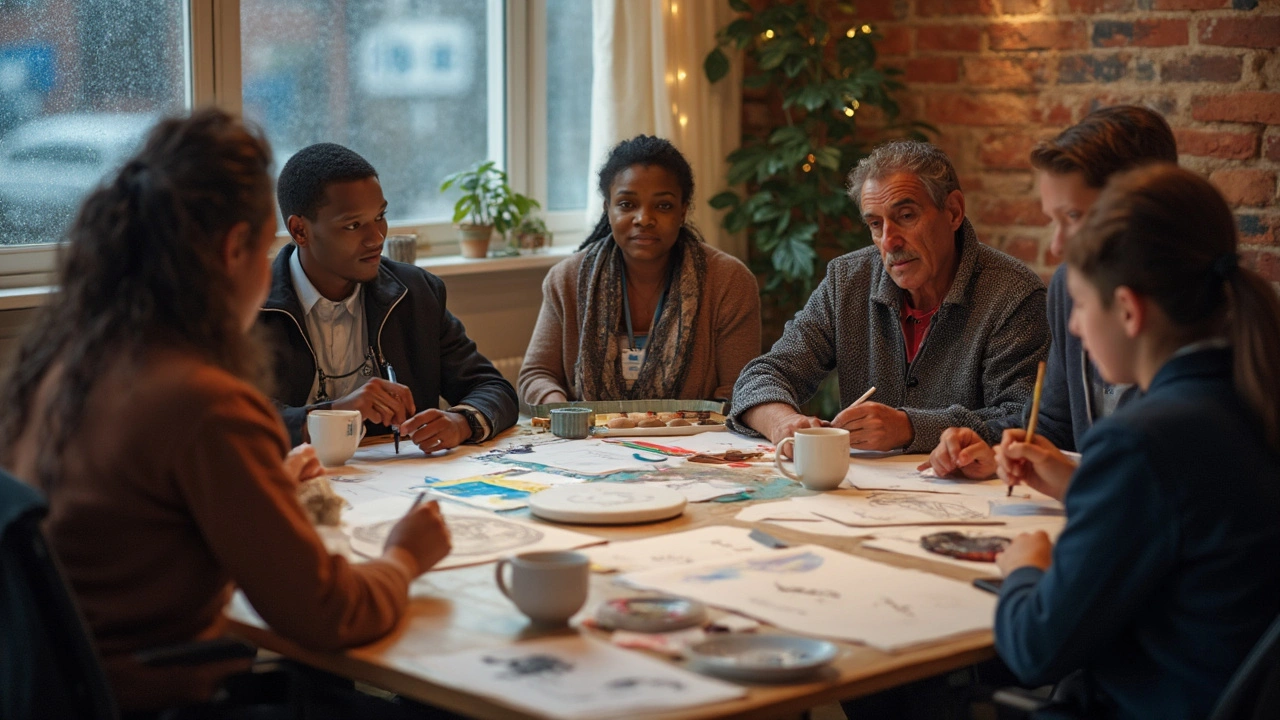Trauma Recovery: Simple Steps to Start Healing
If you’ve been through a traumatic event, the after‑effects can feel overwhelming. You might notice flashbacks, anxiety, or trouble sleeping. The good news is that recovery is possible, and you don’t have to do it alone. Below are straightforward actions you can take right now to support your mind and body.
Understanding Trauma and Its Impact
Trauma isn’t just a memory; it’s a reaction that changes how your brain works. When you’re stressed, your body stays in “fight‑or‑flight” mode, which can make everyday tasks feel exhausting. Recognizing that these responses are normal helps you stop blaming yourself.
One useful trick is to name what you’re feeling. Instead of saying, “I’m anxious,” try, “I feel a tight chest and rapid thoughts.” Naming the sensation creates a tiny distance between you and the emotion, which makes it easier to manage.
Everyday Practices That Support Healing
1. Grounding Techniques – When a flashback hits, focus on your five senses. Identify three things you can see, two you can touch, one you can hear, one you can smell, and one you can taste. This simple exercise pulls you back to the present.
2. Breathing Breaks – Slow, deep breaths calm the nervous system. Try inhaling for four counts, holding for two, then exhaling for six. Do this for a minute three times a day, especially before bedtime.
3. Move Your Body – Light movement, like a short walk or gentle stretching, releases tension. It doesn’t have to be a workout; even dancing around the kitchen can reset your mood.
4. Creative Arts Therapy – Drawing, writing, or playing music lets you express feelings without words. Our article on "Why Creative Arts Therapies Matter for Holistic Health" shows how art can be a powerful healing tool.
5. Connect with Support – Talk to a trusted friend, join a support group, or see a therapist trained in trauma. Sharing your story reduces isolation and gives you practical coping ideas.
Remember, recovery isn’t a straight line. Some days will feel easier than others, and that’s okay. Keep a journal of what works for you; over time you’ll see patterns and can adjust your routine.
If you need extra guidance, check out our "Healthy Diet Tips" article. Nutrition plays a role in mood regulation, and a balanced diet can give your brain the fuel it needs to heal.
Take one small step today—whether it’s a five‑minute breathing session or a quick note in your journal. Consistency beats intensity, and every bit of effort adds up to lasting change.

Creative Arts Therapies for Emotional Resilience: How Art, Music, and Movement Help You Bounce Back
Practical guide to creative arts therapies for emotional resilience. What it is, how it works, evidence, steps to start, real examples, checklists, and FAQs.
Read More